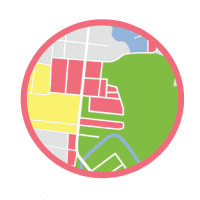Research on: (i) COSMOS cloud connected vehicles, (ii) Monitoring of traffic intersections, using bird’s eye cameras, supported by ultra-low latency computational/communications hubs; (iii) Simultaneous video-based tracking of cars and pedestrians, and prediction of movement based on long-term observations of the intersection; (iv) Real-time computational processing, using deep learning, utilizing GPUs, in support of COSMOS applications; (v) Sub-10ms latency communication between all vehicles and the edge cloud computational/communication hub, to be used in support of autonomous vehicle navigation. The research is performed using the pilot node of project COSMOS infrastructure.




